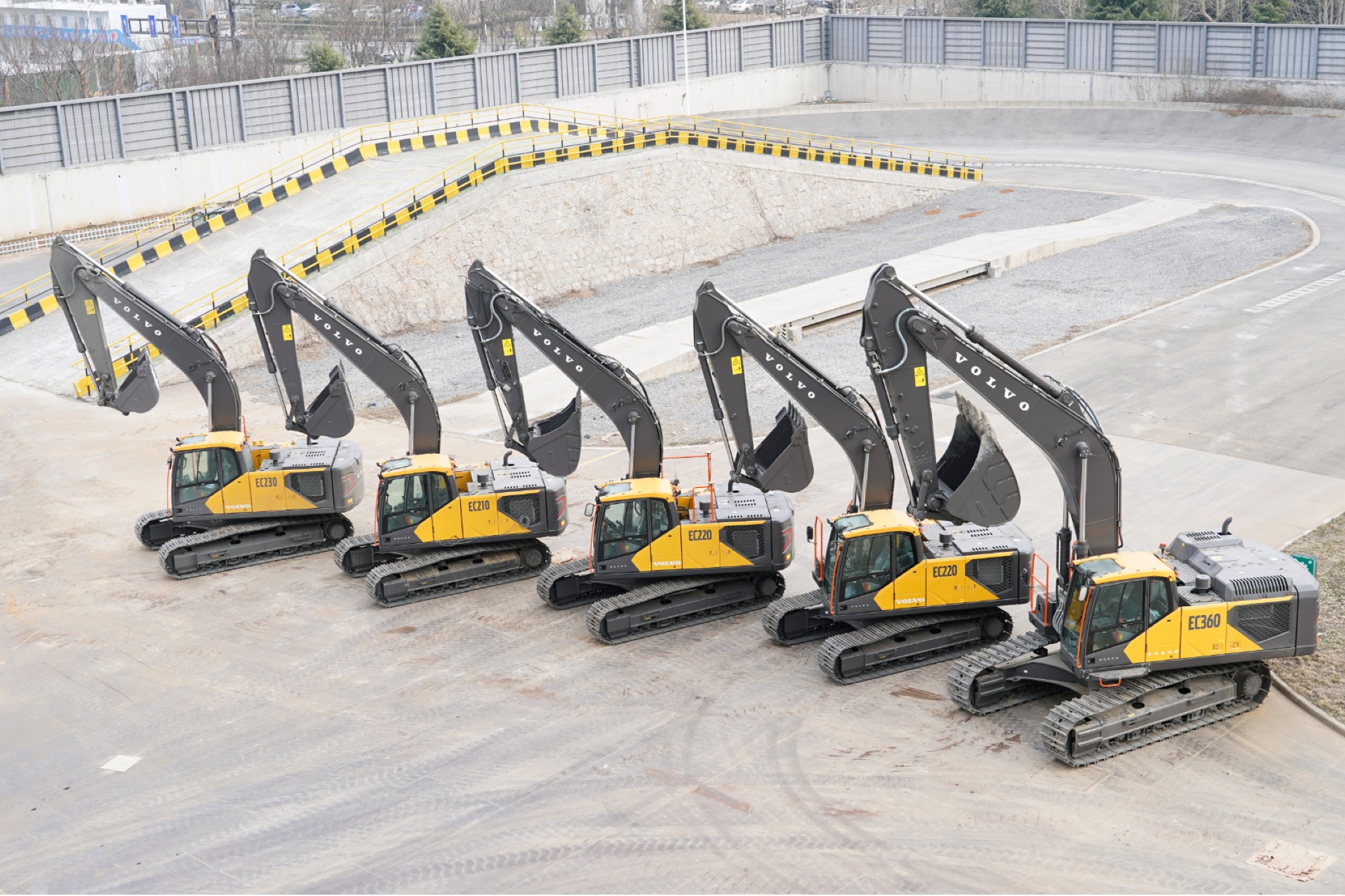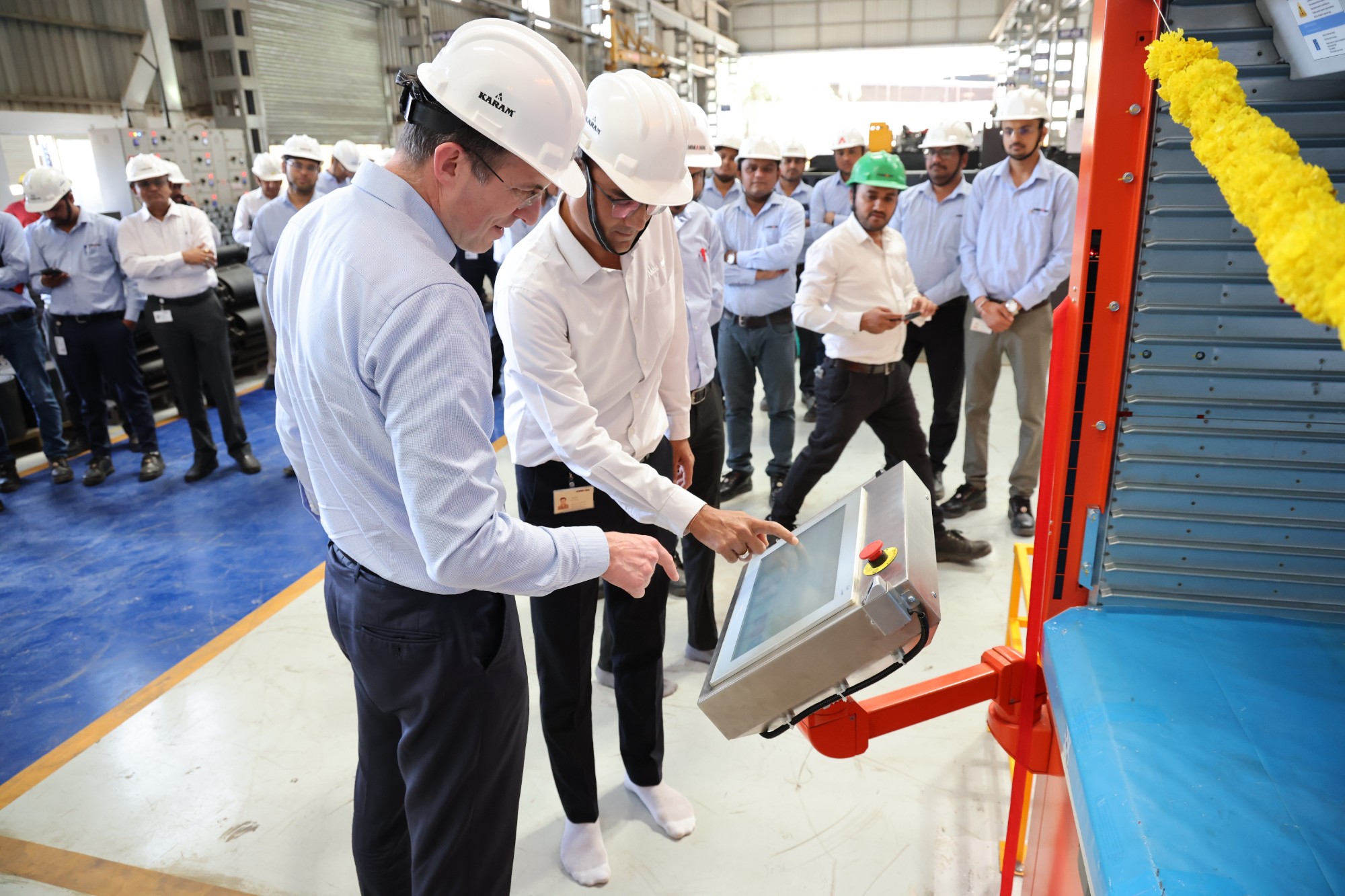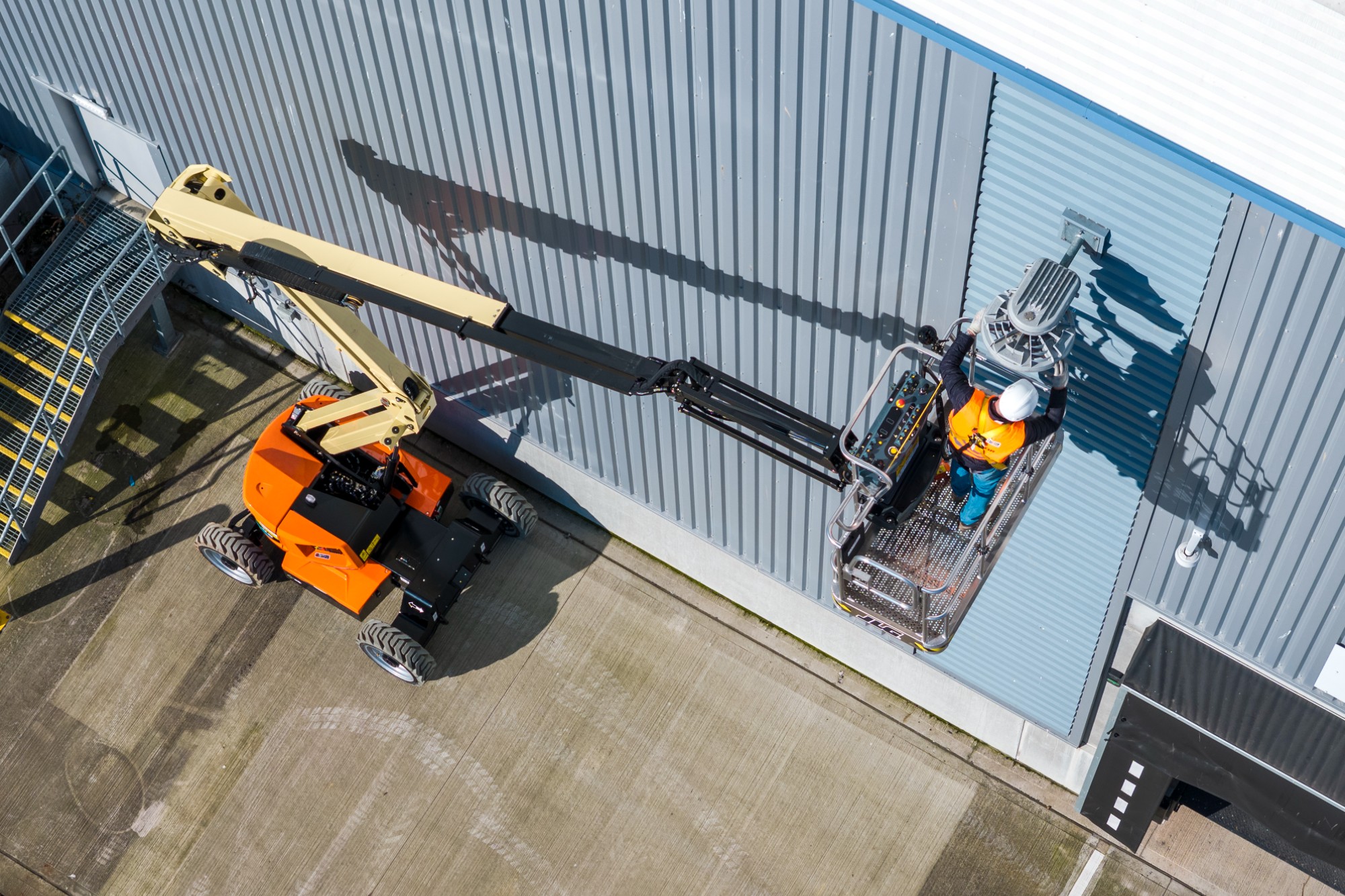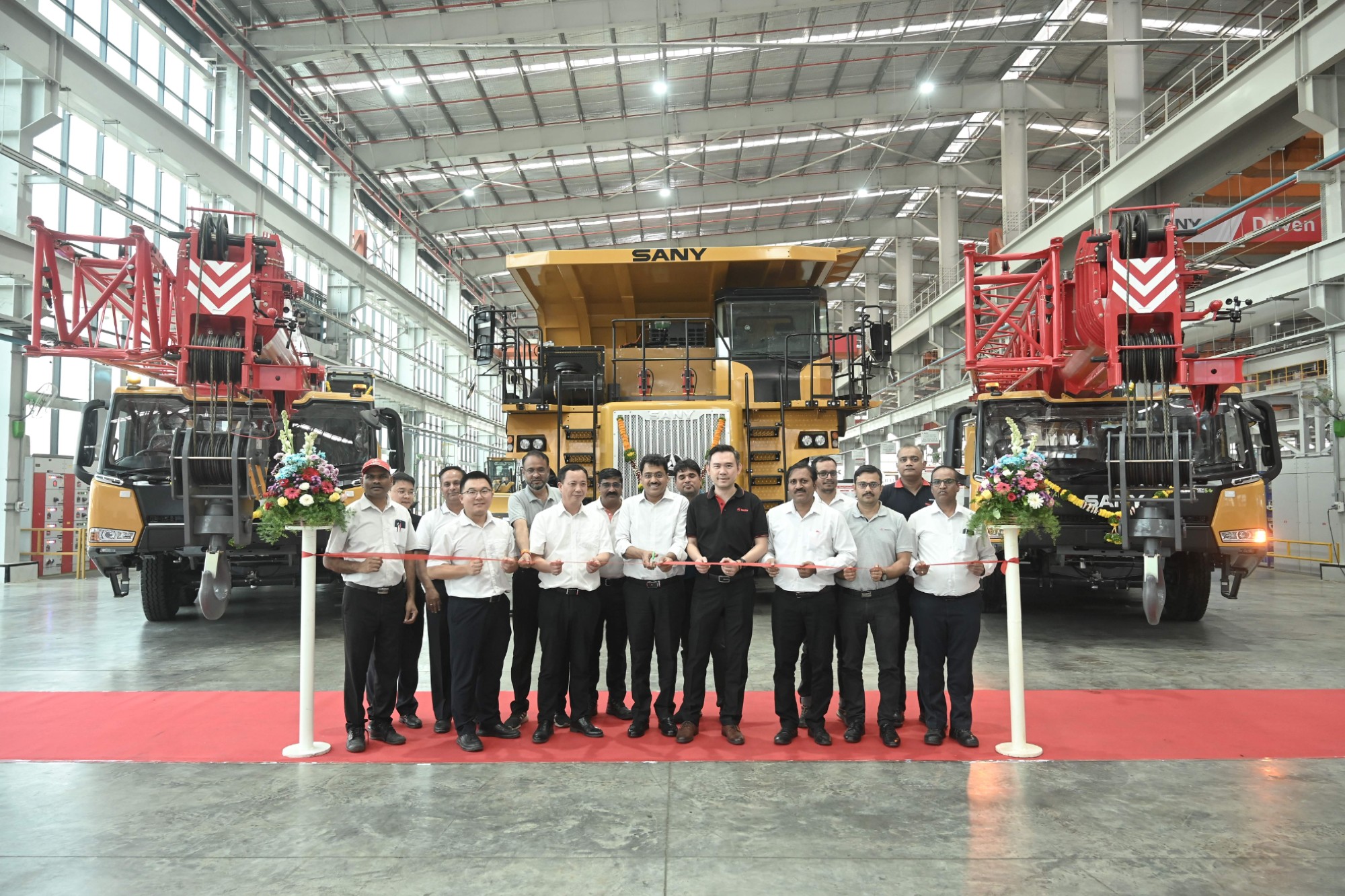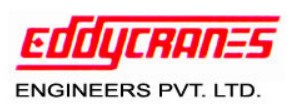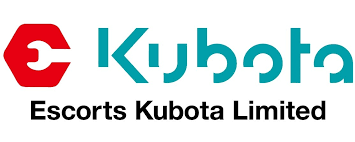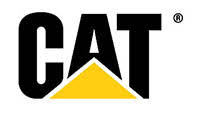Being alive and competitive in equipment sector is our goal
By Edit Team | October 29, 2021 11:54 am SHARE

How did you successfully manage your business in these difficult times?
The businesses were affected worldwide due to the pandemic. We were also adversely affected like any other organisation. In our type of business, face-to-face meetings are critical to conducting site studies and demonstrating optimal solutions, which were not possible during Covid times. In this period, monitoring, guiding, motivating, and supporting our sales team posed a big challenge for us, but we overcame it by conducting team meetings on a regular basis and being accessible even during the wee hours. In a nutshell, we remained positive and constructive during the toughest situation ever faced in the last millennium and could mitigate the same to a best possible extent.
How do you view the recovery in the MHE market so far?
The market has certainly recovered and so has the demand for access and MHE equipment, services. Some sectors are still badly affected and may take longer to read, but the majority of sectors have begun to improve, this equipment is critical for the safety of men and materials and essential for the operation of plants and buildings. We are expecting the market to bounce back very strongly by the last quarter of this financial year and expecting demand to surge to an all-time high in the next financial year.
What are the key challenges in the market apart from the pandemic impact?
The pandemic has upset our cash flow and substantially lowered profitability, which is of paramount importance. Even blue-chip companies started demanding credit, which were known for their best vendor conducive policies. It has impacted our top and bottom lines. Decision-making took longer than it should have, which would have been finalised in a relatively shorter time during pre-covid time.
What kind of policy support is required for the market revival?
Unfortunately, there has not been any legislation for working at heights and this limits the usage of access equipment in the country. Considering the enormity of consequences for non-compliance with safety guidelines, we are optimistic that stringent guidelines will be enforced in this area. Another challenge we face comes from the inhibited import of depilated and defunct machines which have already completed their useful lives. We believe that we should have policies to control such imports, which will be to the benefit of one and all.
What are your strategies for business revival?
The main goal is to sustain ourselves without compromising on our valves. We have to harness the best out of available opportunities by winning maximum business cases to our advantage. Times are tough and recovery will take longer than anticipated, and any complacency will be very costly. In such a scenario, companies that have a customer focus and intent to support them will eventually come out as a winner.
Cookie Consent
We use cookies to personalize your experience. By continuing to visit this website you agree to our Terms & Conditions, Privacy Policy and Cookie Policy.



